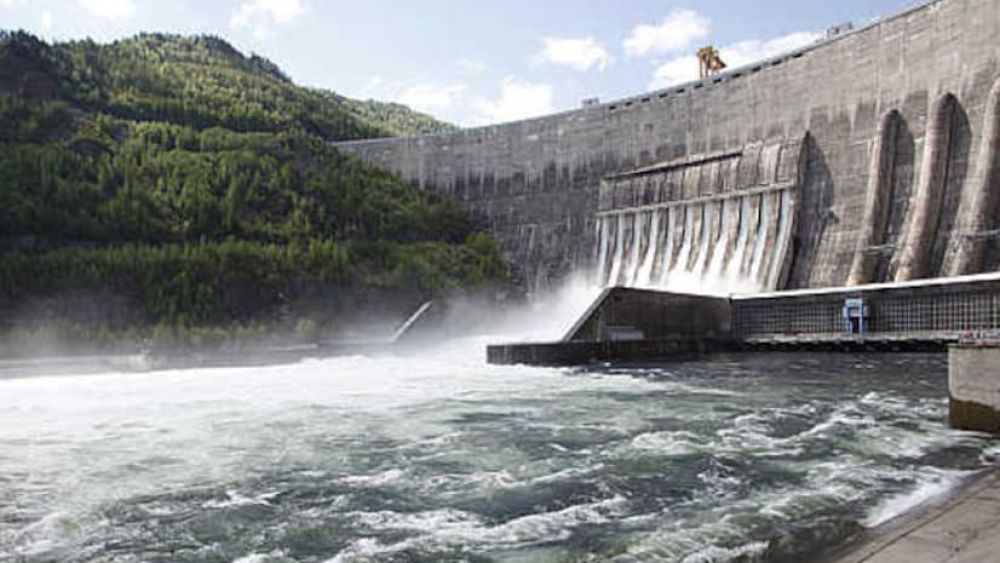

Mizoram, with its lush green hills and picturesque landscapes, has been a hidden gem in the Northeast region of India. The tourism industry in Mizoram is relatively young compared to other Indian states, primarily due to its remote location and earlier restrictions on travel to the area. Nevertheless, Mizoram began to gain attention as a tourist destination in the late 20th century when the Indian government and local authorities started promoting its unspoiled natural beauty, rich cultural heritage, and unique tribal communities.
The Bairabi Hydel Project, situated in the Kolasib district near the town of Bairabi, is one of the key infrastructural developments in the state that has played a role in stimulating local economies and indirectly fostering tourism growth. The project, announced as part of Mizoram's plan to harness and develop its water resources for electricity generation, has the potential to become a point of interest for those visiting the region.
The Bairabi Hydel Project is not simply an infrastructure project; it marks Mizoram's commitment to sustainable development and eco-friendly energy practices. While Bairabi itself is primarily an operational site for the hydroelectric power station, the surrounding areas of Kolasib have benefited from the improved accessibility and newer amenities that have come about as a result of the project.
With its serene environment and strategic location by the river Tlawng, the Bairabi Hydel Project offers a unique attraction to eco-tourists and those interested in the industrial advancements of Northeast India. Enthusiasts of engineering marvels and sustainable energy might find the hydel project an insightful stopover on their trip to Mizoram.
The latest trends in tourism throughout Mizoram, and consequently in the region surrounding the Bairabi Hydel Project, show an increasing preference for responsible and sustainable travel experiences. Visitors are increasingly seeking out destinations that offer natural tranquility and the promotion of local ecotourism has aligned well with these preferences.
Additionally, cultural tourism is also on the rise, with more travelers looking to engage with the rich Mizo traditions and the lifestyle of its indigenous communities. This trend has encouraged the development of community-based tourism initiatives where tourists can stay with local families and partake in their daily activities, crafts, and festivals.
If one were to visit Bairabi to witness the Hydel Project, they could also explore the attractions Kolasib has to offer. Some of them include:
While the Bairabi Hydel Project itself is focused on power generation, the development around Bairabi nourishes the growth of Mizoram’s tourism sector by enhancing local infrastructure and adding to the varied experiences for tourists. As the global community grows more environmentally conscious, such projects coupled with natural and cultural marvels will likely remain central to future tourism trends in the region.